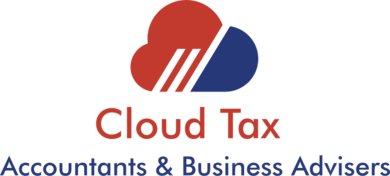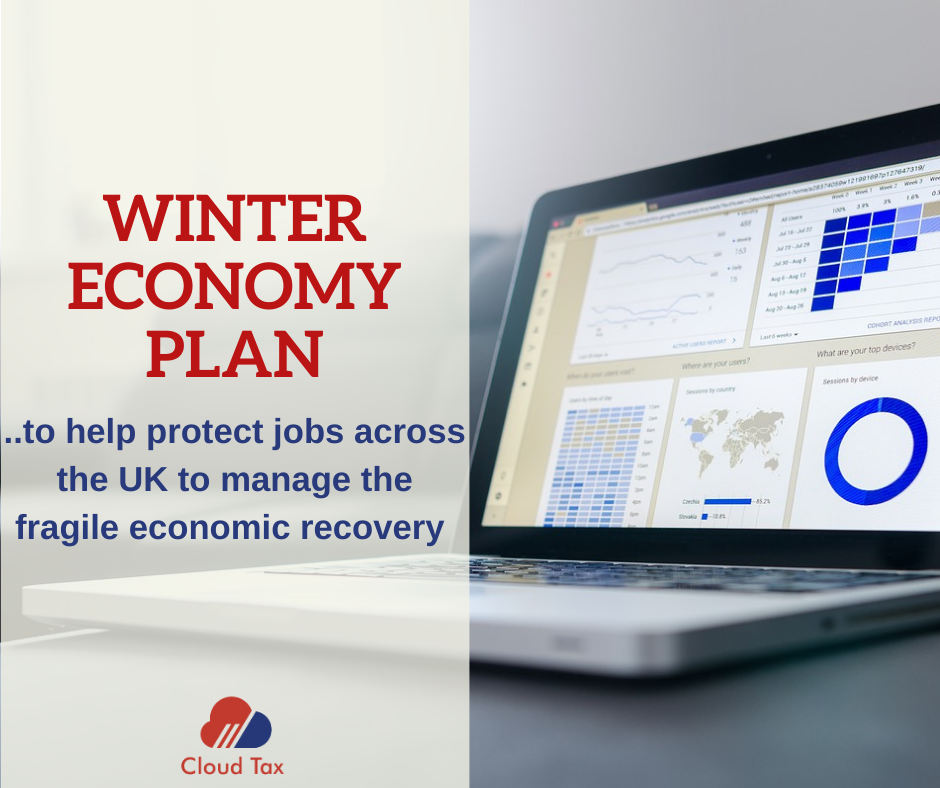Chancellor Rishi Sunak has outlined the UK Government’s Winter Economy Plan on the 25th of September, to help protect jobs across the UK amidst the uncertain winter that is just around the corner. The Winter Economy Plan is designed to manage the nation’s fragile economic recovery, while ensuring that the spread of coronavirus is contained
Self-Employed Income Support Scheme extended
• The Chancellor announced additional help for the self-employed based on similar terms and conditions as the new Jobs Support Scheme.
• The extended scheme will apply for 6 months from 1 November 2020 with an initial taxable grant made available to those who continue to trade and are currently eligible for SEISS.
• The initial lump sum will cover three months of profits from 1 November 2020 calculated as 20% of average monthly profits, up to a total of £1,875.
• An additional second grant will be available from 1 February 2021 to 30 April 2021, but the level of this second grant amount is subject to review.
Job Support Scheme
• To be eligible, an employee must work at least 33% of their normal hours. For the other two-thirds of the hours, the Government will pay a third and the employer will pay a third, so in total, an employee will receive 77% of the full pay (ie, the government will be paying 22.5% of wages).
• The scheme will run for six months from 1st November 2020.
• Large businesses will have to prove that they’ve been adversely affected by COVID-19 to be eligible for the Job Support Scheme.
• The scheme will be available to all businesses and all employees, regardless of whether they have been part of the CJRS in the past.
1. Support viable jobs
Employees must work at least a third of their contracted working hours. Employers must pay for this percentage of their employees’ wages. For every remaining contracted hour not worked, the Government and the employer will pay a third of the shortfall in the employee’s usual pay. The Government’s contribution is capped at £697.92 per month. This means those working only 33% of their usual hours will still receive 77% of their salary.
2. Open to all small and medium businesses (and some larger firms)
The new Job Support Scheme is open to all small and medium-sized businesses, as well as larger firms whose turnover has dramatically fallen in recent months. Even small firms that did not need to use the original furlough scheme can potentially utilise the Job Support Scheme.
3. Employers also able to claim Job Retention Bonus simultaneously
The Job Support Scheme is designed to work in tandem with the Jobs Retention Bonus. This bonus could be worth up to 60% of an average furloughed worker’s monthly wage, providing they are kept on until February 2021.
Loans
• Businesses that have taken out a Bounce Back Loan will be able to benefit from a new Pay As You Grow flexible repayment system.
• This will include an extension in the loan term from six to ten years. There will also be new options for interest-only repayments for up to six months as well as payment holidays.
• The Coronavirus Business Interruption Loans will also have their Government guarantee extended to ten years.
• The deadline for applying for all the Government’s coronavirus loan schemes will be standardised and pushed back until 30 November 2020.
• A new successor loan guarantee programme is also expected to be introduced early next year.
VAT
• Organizations earlier had the option to defer the payment of any VAT liabilities due between 20 March 2020 and 30 June 2020.
• The deferred payment was due to be paid in full to HMRC by 31 March 2021.
• The Chancellor has now confirmed that businesses will instead be able to make 11 smaller interest-free payments during 2021-22.
The Chancellor also spoke up in support of the tourism and hospitality sectors, with the end of its reduced rate of VAT in sight on 13th January 2021. Mr Sunak confirmed that the 5% VAT rate for tourism and hospitality firms would remain in place until 31st March 2021.
Self-assessment liabilities
• Second payment on accounts that were due for taxpayers, now has the option to defer the same till January 2021.
• Businesses who deferred their VAT will no longer have to pay a lump sum at the end of March next year. They will have the option of splitting it into smaller, interest-free payments over the course of 11 months.
For more information, Book a Free Consultation

